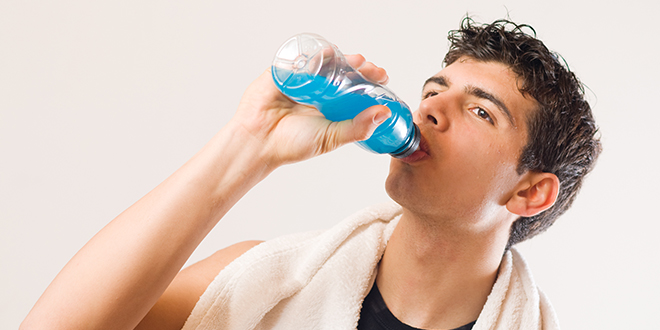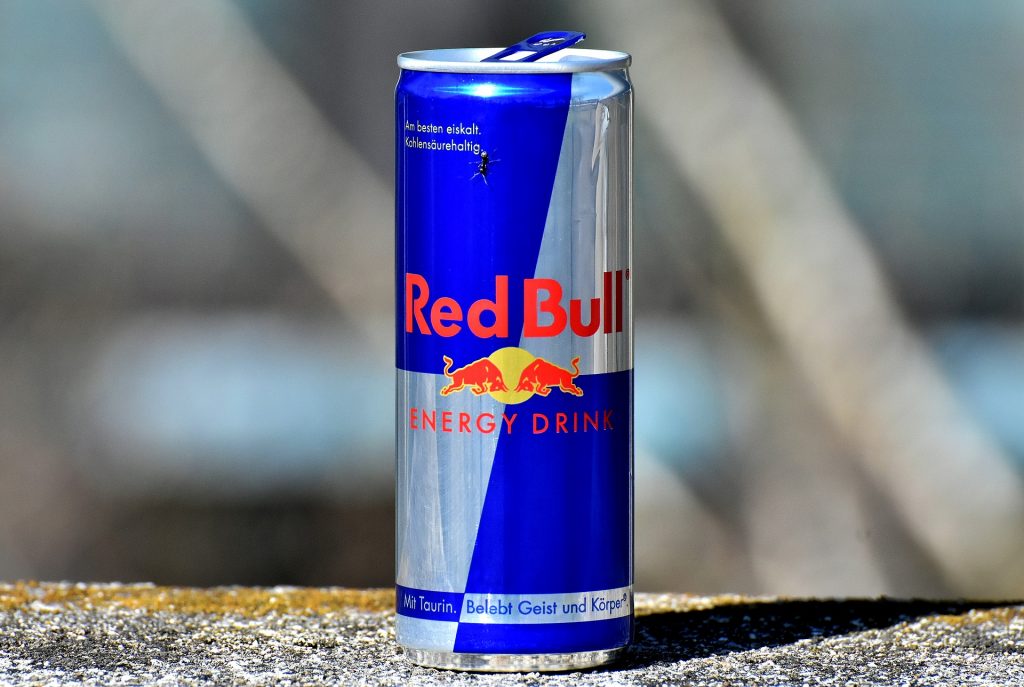Although this study didn t look at long term effects it raises concerns about the role that caffeine laden energy drinks might play in future risk of type 2 diabetes shearer said.
Can energy drinks cause type 2 diabetes.
According to american association of diabetes educators self care activities in pwd are assessed by seven majo.
In terms of nutrition a piece of real fruit is a better deal and science is backing that people with diabetes can and should eat fruit.
A regular juice habit is associated with an increased risk of type 2 diabetes according to a study published in diabetes care.
Too much caffeine can.
This can increase your risk for type 2 diabetes.
Studies have shown that consuming caffeine in coffee can also lower your risk of type 2 diabetes.
Plus energy drinks may cause.
Other research however has shown that caffeine causes your blood sugar levels to rise.
Can energy drinks cause and type 2 diabetes with hyperglycemia.
Adult drinks about two 8 ounce 240 milliliter cups of coffee a day which can contain around 280 milligrams of caffeine.
Body mass age medications and health condition are all factors that play a role in your blood sugar levels reacting in different ways to caffeine.
High fructose corn syrup has also been associated with increased rates of type 2 diabetes and obesity as well as higher levels.
But are juices healthy diabetic drinks for blood sugar and weight control.
For most young healthy adults caffeine doesn t appear to noticeably affect blood sugar glucose levels and having up to 400 milligrams a day appears to be safe.
Energy drinks have been shown to spike blood sugar levels and may even cause insulin resistance increasing the risk of type 2 diabetes in healthy individuals.
A 16 ounce fast food version might have up to 36 grams of carbs.
Elevated glucose and insulin responses may contribute to increased metabolic risk including type 2 diabetes and cardiovascular disease in susceptible individuals later in life in the next trial shearer s team will be administering energy drinks to adolescents that contain both caffeine and glucose.
Simple sugars like cane sugar dextrose and the dreaded high fructose corn syrup.















































